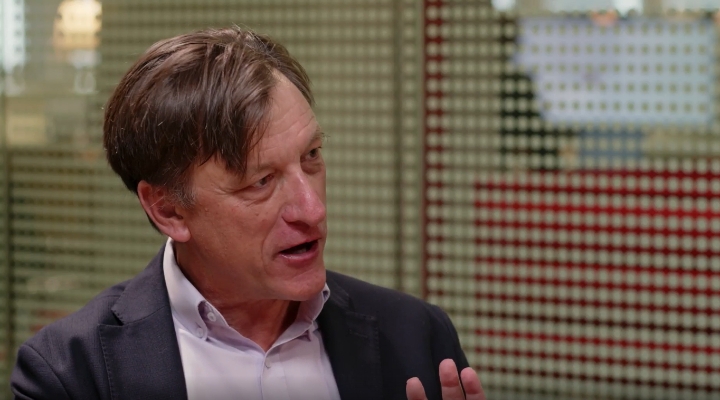Fans of ETFs and tracker funds regularly accuse actively-managed funds of failing to beat the benchmark, insisting that investors would be better off ditching stock selection in favour of the whole index. The stats back up the claims – fees are the only reliable predictor of future returns, and post-charges, the vast majority of the 4,000 odd funds available to private investors fail to beat their passively-run alternative.
However, there are a few funds among the many worth paying for. The Bronze Rated Invesco Perpetual High income is one of them. One of the most popular and successful actively managed funds in the UK, the £11.4 billion fund has returned an average of 7% every year for the past 10 years.
Fund Loses Star Manager but Performance Holds
In 2013, IP High Income then fund manager Neil Woodford who had worked at Invesco Perpetual for 25 years left the firm. Over the following 12 months, many investors cashed in the High Income and Income funds which had each delivered a total return of more than 10% a year for the last decade. The funds saw total outflows of £6 billion and this loss alongside concerns about new manager Mark Barnett’s workload led Morningstar analysts to put the funds’ Ratings Under Review.
However, despite Woodford’s departure, the High Income fund gained 9.6% and 9.3% in 2014 and 2015 respectively, both outperforming its FTSE All-Share Index by 8%.
Morningstar fund research analyst Peter Brunt believes that Barnett has so far proved a worthy successor to Woodford over the past two years.
“He has done a good job managing an asset transfer on what was an unprecedented scale and has continued to produce strong relative returns on this fund,” said Brunt.
Topping Passive Funds – But Not in 2016
Invesco Perpetual High Income fund has successfully outperformed passive funds over the long term despite of weak performance this year.
Using data from Morningstar Direct, we compared the fund’s performance to a tracker fund and an ETF that all share the same category benchmark, the FTSE All Share. The tracker fund is the Silver Rated Vanguard FTSE UK All Share Index fund and the ETF is the Bronze Rated FTSE UK All Share ETF (FTAL).
Looking at this year’s performance, the actively managed fund Invesco Perpetual High income gained 1.45% year to date, however the benchmark is up 13% this year – considerably more. The FTSE UK All Share ETF is up 13.32% year to date and the Vanguard FTSE UK All Share Index fund has gained 12.87%.
Active fund managers have been facing a number of challenges since the start of the year, said Randal Goldsmith, manager research analyst with Morningstar.
On the day following the Brexit vote, $2 trillion was wiped off markets globally. However, since then the FTSE 100 has rallied thanks to a weak UK currency that benefits large companies with global revenues.
Doubled Gains of Passive Funds Over Long Term
Looking at long term performance, Invesco Perpetual High Income on average gained 14.8% a year over the past three years, double the average gains of FTSE UK All Share ETF and Vanguard FTSE UK All Share Index fund over the same period. FTSE UK All Share ETF in average gained 7.7% a year while Vanguard FTSE UK All Share Index fund gained 7.6% per year.
The active fund also showed more significant gains than the tracker fund over a five year view. Invesco Perpetual High Income has a five-year annualised return of 10.52% while the Vanguard FTSE UK All Share Index fund has returned 9% a year over the same period.
The FTSE All-Share index has 600 constituents and represents 98% of the U.K. stock market. While the FTSE All-Share index is more diversified than FTSE 100 index which represent 85% of the UK stock market, investors cannot get exposure to energy or mining stocks when investing in fund that tracks the FTSE All-Share index, Hortense Bioy director of passive fund research for Morningstar explained. She advocates investors take the time to understand indices well before they buy a tracker fund or an ETF.











.jpg)



















